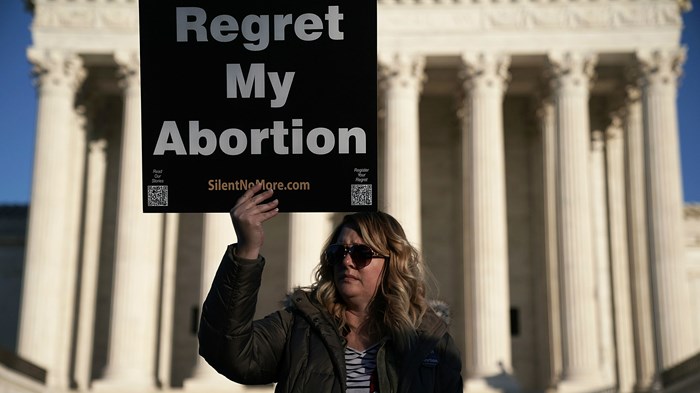
Pro-life advocates and ministry leaders are challenging the results of a new study that found that most women do not suffer emotionally after an abortion, and that over time, they are less likely to express regret.
Researchers from the University of California at San
Francisco (UCSF) followed 667 women across 30 clinics after they
received an elective abortion, finding that the majority had either
positive feelings or no emotion at all toward their decision both a week
later (71%) and five years later (84%), according to a study released last week in the journal Social Science & Medicine.
Corinne Rocca, one of the study’s authors and UCSF
professor, said that the study proves that the idea that women will
develop negative emotions after an abortion is a “myth” and a “red herring.”
Rocca has also participated in multiple research studies and written
several articles for the Guttmacher Institute, the research arm of
Planned Parenthood.
While pro-choice advocates have used the findings to suggest
that the idea of “abortion regret” is merely a scare tactic from
pro-lifers, critics say the sample for the survey doesn’t justify the
debunking its authors have touted in the media.
Writing for the National Review,
researcher Michael J. New noted that women who volunteer to respond to
questions following an abortion are more likely to be the ones who feel
positively about it, and therefore the findings do not represent the
full spectrum of women who have had abortions. New—a professor at the
Catholic University of America and a scholar with the pro-life Charlotte
Lozier Institute—noted that of all the women asked to participate, less
than 40 percent agreed, and roughly 30 percent of the 667 who
participated had stopped responding by the end of the five-year study.
Plus, Christians working in post-abortive ministry have
seen abortion regret stir up in women long after the five-year span of
the research.
“The majority of women we see are usually 15, 20, 30, 40
years removed,” said Carrie Bond, former national training director for
Surrendering the Secret. Counselors and staff like Bond are
particularly likely to encounter those who have grown to regret their
abortions, or to discover that they had been holding back the emotional
weight of the decision.
Abby Johnson, the former Planned Parenthood staffer who went on to become a pro-life advocate, shared
a similar observation on Twitter: “Here’s real talk. Trauma doesn’t
usually present until 10-15 years post-traumatic event. Those women have
NO idea how they will feel about their abortions many years later.”
Comments
Post a Comment